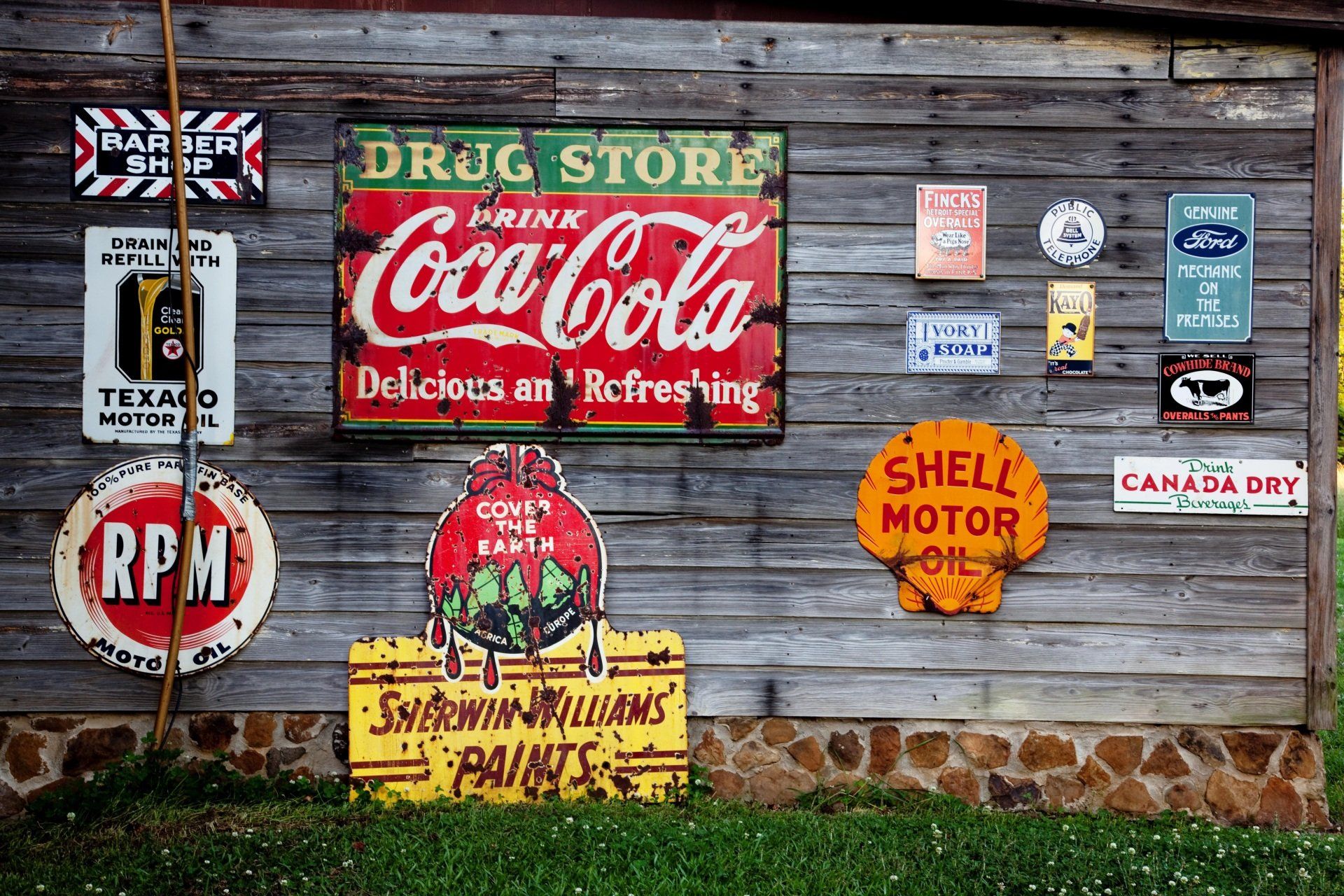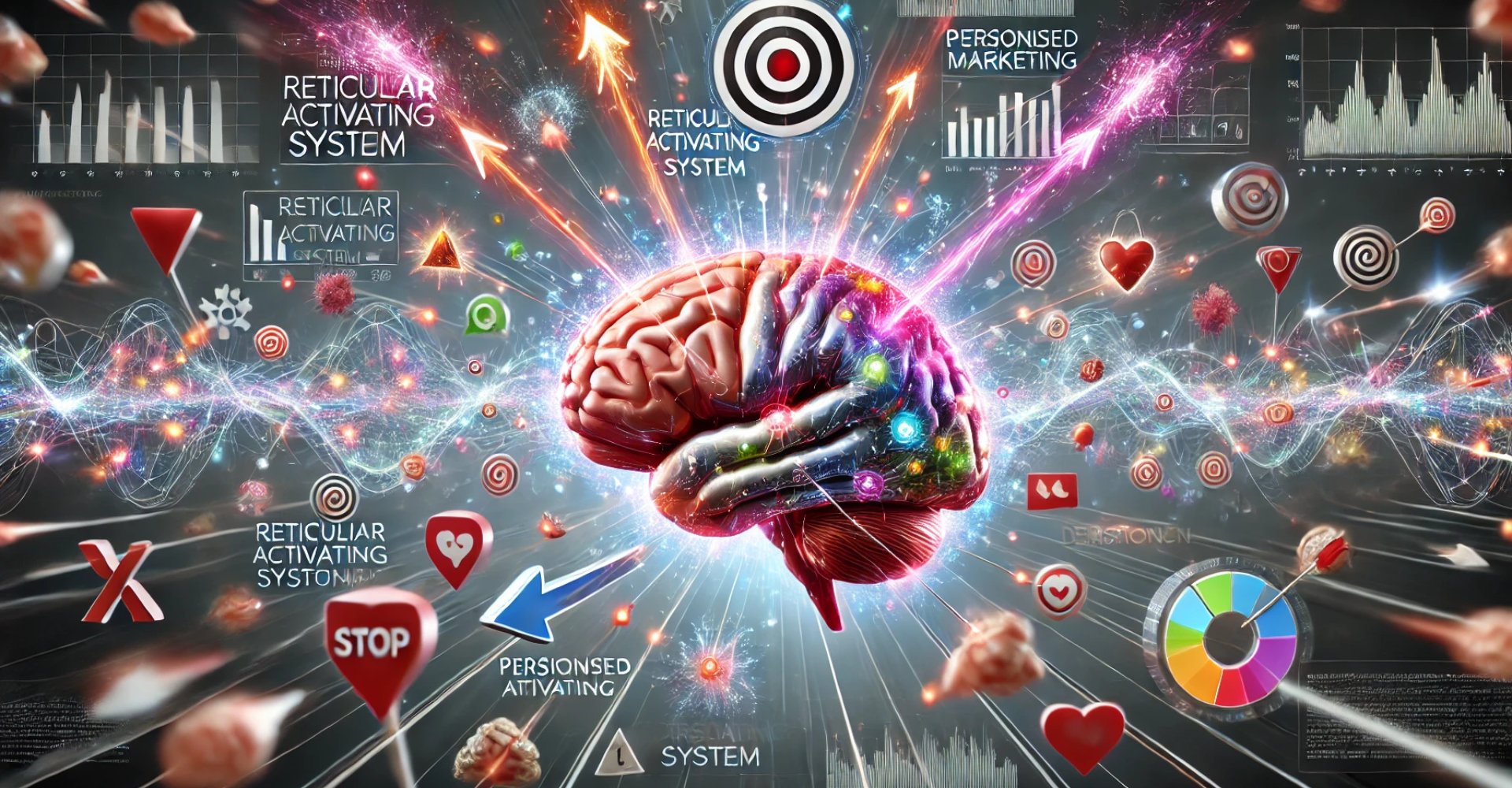Bob Hurley - CEO Of Bob Hurley RV
This is a subtitle for your new post
Summary of the Conversation
**1. Importance of Traditional Media (Television)
- Brand Building: Television remains a powerful medium for brand recognition. Examples cited include Gatorade and Ford, which consistently use TV commercials to maintain their market dominance.
- Long-Term Recognition: TV ads contribute to sustained brand loyalty and recognition, driving traffic to websites and other digital platforms.
**2. Role of Digital Media and Websites
- Immediate Gratification: Websites like Amazon thrive by offering 24/7 shopping with quick delivery, catering to consumers' desire for instant access and convenience.
- Brand Identity Online: Consistent branding across digital platforms (e.g., logos on packaging) reinforces brand identity, much like traditional media.
**3. Decline of Traditional Media (Newspapers)
- Community Importance: Newspapers like the Tulsa World play a crucial role in community engagement, especially for those without reliable internet access.
- Shift in Media Consumption: While newspapers have declined, radio and television remain strong, each serving different marketing purposes.
**4. Radio vs. Television Marketing
- Radio: Focuses on frequency; repeated exposure helps in brand recall.
- Television: Emphasizes long-term brand building through storytelling and emotional connections.
**5. Customer Service and Employee Retention
- Customer Loyalty: Exceptional customer service fosters repeat business and referrals.
- Employee Stability: Low turnover rates correlate with better customer experiences, as happy employees create a positive atmosphere.
**6. Salesmanship and Relationship Building
- Beyond Initial Sales: True sales talent lies in building lasting relationships that encourage repeat purchases and referrals.
- Referrals as Marketing: Incentivizing customer referrals is a powerful yet often underutilized marketing tool.
**7. Evolution of Work Culture
- Work-Life Balance: Modern work hours are more family-friendly compared to the grueling schedules of the past.
- Employee Productivity: There's a shift towards valuing work efficiency over sheer hours worked, though challenges remain with distractions and reduced work intensity.
**8. Impact of Social Media on Hiring
- Influence Metrics: Companies increasingly value candidates' social media presence and influence.
- Reputation Management: Employees' online behavior can reflect on the company, necessitating careful consideration of digital footprints.
**9. Handwritten Communication vs. Digital Communication
- Personal Touch: Handwritten notes convey sincerity and effort, making them more impactful than digital messages.
- Authenticity: Imperfections in handwritten notes can enhance their genuine feel, strengthening personal connections.
**10. Advertising Strategies and Audience Targeting - Diverse Audiences: Effective ads must resonate with specific demographic segments; what works for one group may offend another. - Creative Approaches: Unique and non-traditional ads (e.g., silent commercials depicting peaceful camping scenes) can break through the noise and leave a lasting impression.
**11. Community Engagement and Local Presence - Local Support: Building strong ties within the community (e.g., Tulsa and Oklahoma) fosters loyalty and sustained business success. - Personal Involvement: Active participation in community activities and organizations strengthens brand reputation and trust.
Key Takeaways and Recommendations
- Balanced Marketing Mix:
- Integrate Traditional and Digital: Utilize the strengths of both television and digital media to maximize brand reach and engagement.
- Consistent Branding: Ensure that branding is coherent across all platforms, reinforcing brand identity and recognition.
- Emphasize Customer Relationships:
- Focus on Retention: Prioritize building long-term relationships over one-time sales to encourage repeat business and referrals.
- Exceptional Service: Invest in customer service to create positive experiences that drive loyalty.
- Employee Engagement and Retention:
- Stable Workforce: Aim for low employee turnover by fostering a positive work environment, which in turn enhances customer satisfaction.
- Continuous Training: Develop and nurture talent within the organization to maintain high performance and innovation.
- Personalized Communication:
- Handwritten Touches: Incorporate personal touches like handwritten notes to differentiate from purely digital interactions and enhance customer connection.
- Authenticity Over Perfection: Embrace imperfections in personal communications to convey sincerity and build trust.
- Targeted Advertising:
- Understand Your Audience: Tailor advertising strategies to specific demographic segments to ensure relevance and avoid offending potential customers.
- Innovative Campaigns: Experiment with unique and creative advertising approaches to capture attention and differentiate from competitors.
- Leverage Community Ties:
- Local Involvement: Engage with the local community to build strong, loyal customer bases and enhance brand reputation.
- Support Local Initiatives: Participate in or sponsor community events to increase visibility and goodwill.
- Adapt to Changing Work Cultures:
- Flexible Work Practices: Embrace modern work-life balance practices to attract and retain motivated employees.
- Productivity Focus: Encourage efficient work habits over long hours to maintain high performance and employee satisfaction.
- Social Media Strategy:
- Influence and Reputation: Recognize the importance of social media presence in both marketing and hiring processes.
- Employee Guidelines: Implement clear guidelines for employees' online behavior to protect the company's reputation.
Conclusion
The conversation underscores the enduring value of traditional media like television in building brand recognition while highlighting the indispensable role of digital media in providing immediate access and convenience. Balancing both approaches, along with fostering strong customer and employee relationships, emerges as a key strategy for sustained business success. Additionally, personalized communication and community engagement are vital in differentiating a brand and building lasting loyalty. Adapting to evolving work cultures and leveraging social media thoughtfully further enhance a company's ability to thrive in a competitive landscape.












